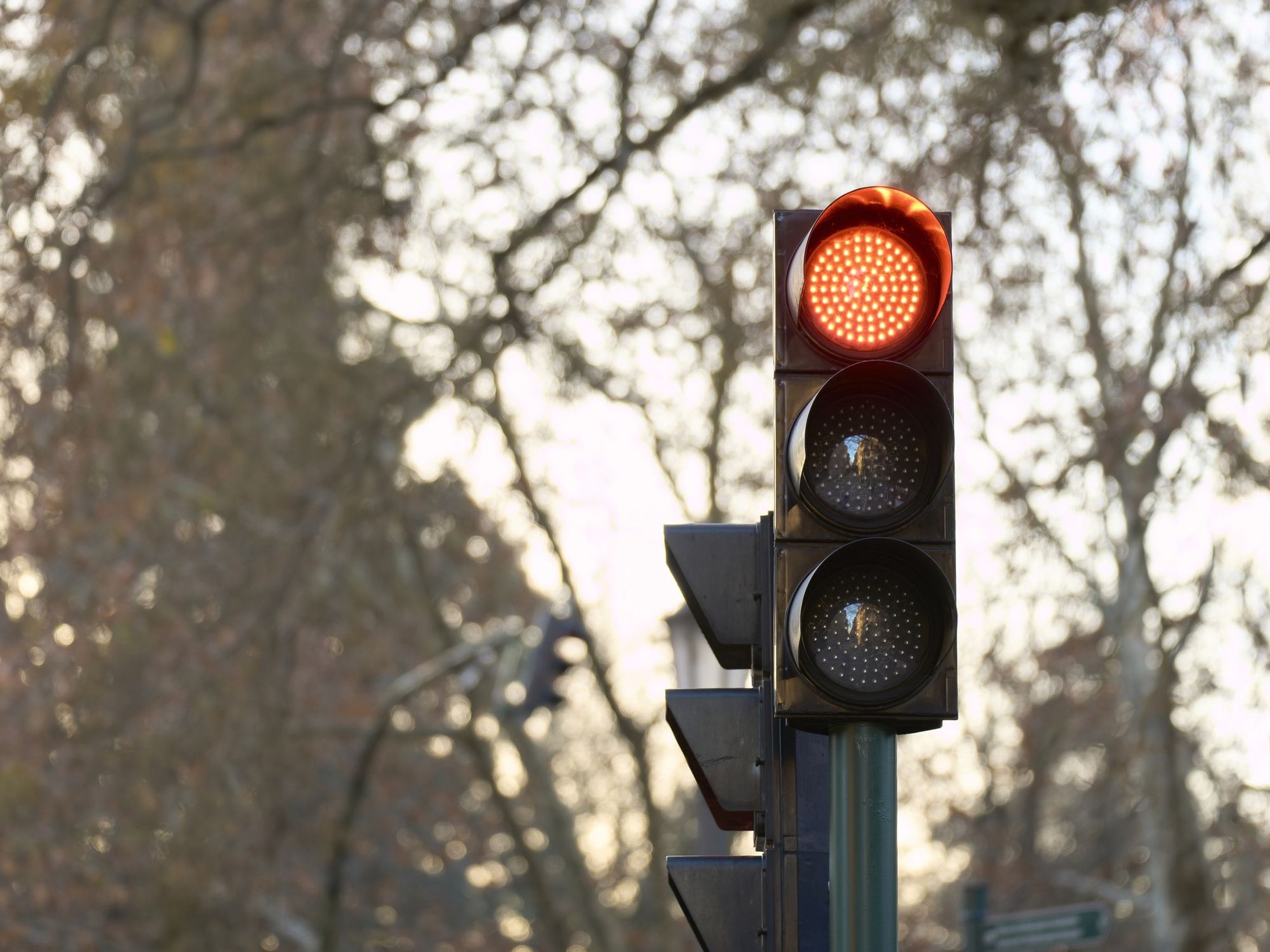How to beat the state pension tax trap as thousands to pay tax for the first time under 4% triple lock rise

More state pensioners are finding themselves paying tax | GETTY

The new and basic state pensions rise annually under the Triple Lock, aligning with the highest of three factors: average annual earnings growth from May to July, the Consumer Price Index (CPI) inflation rate for the year to September, or 2.5 per cent
Don't Miss
Most Read
Latest
As tax thresholds remain frozen, around 340,000 pensioners face paying tax for the first time due to triple lock increases, however, there are ways pensioners can save more of their money.
Although state pensioners could see a four per cent rise in their payments, a significant amount of what many will gain could instantly be clawed back in tax because of the fiscal drag.
With wages rising, but tax thresholds staying the same, more and more taxpayers will move into higher tax bands and end up paying more tax, and many will be forced to pay tax for the first time.
Wage growth data released today showed that from April 2025, more than 12 million retirees are on course to receive a four per cent boost to their state pension under the triple lock. Total pay including bonuses rose by four per cent in the May - July quarter, the latest UK labour market statistics showed.
It means state pensioners on the new state pension could receive an extra £460 a year. However, an expert has warned that most pensioners will pay tax of at least 20 per cent on these increases.
HMRC estimates that there are currently 8.5 million pensioners paying income tax, or just under three-quarters of all pensioners.
This will mean that most recently retired pensioners receive an after-tax increase of £368 rather than £460. The rise means around 340,000 pensioners will be dragged into income tax for the first time.
 Millions of pensioners stung by income tax as ‘perverse’ state pension situation looms |
Millions of pensioners stung by income tax as ‘perverse’ state pension situation looms | GETTY
Commenting, Steve Webb, partner at pension consultants LCP said: "Part of next April’s increase is simply to keep pace with rising prices. Based on the current inflation figure of 2.2 per cent, the new state pension would need to rise by just over £250 simply for pensioners to stand still.
"Whilst an above-inflation increase of £460 will be welcomed, only the further £210 represents a real increase. And this is before allowing for the income tax which most pensioners will pay on their state pension rise. Those who lose £200 or £300 in Winter Fuel Payments will therefore still be worse off in real terms next April."
The new state pension will increase from £11,502.40 per year to £11,962 per year, an increase of £460 a year, following the wage growth data showing the average weekly earnings rose by four per cent in the three months to July.
Mike Ambery, of retirement provider Standard Life, part of Phoenix Group, explained that the new state pension of £11,962.60 will also be 95 per cent of the personal allowance, currently frozen at £12,570 until 2028.
LATEST DEVELOPMENTS:
This means pensioners will need just £607.40 of other income before paying income tax.
Anything they earn below £12,570 is usually tax free, But if they earn between £12,570 and £50,270, they will pay a rate of 20 per cent. Higher rate taxpayers will be charged 40 per cent on anything between £50,271 and £125,140, then some could pay 45 per cent on any earnings over that.
Those who currently earn close to £50,270, are warned the increase could push them into the next rate, meaning they start losing 40 per cent to tax.
In addition, for every £2 they earn over £100,000, their personal allowance is reduced by £1, which will also inflate their tax bill.
With around 1.6 million pensioners being forecast to be dragged over the income tax threshold by 2027-28, Dean Butler, managing director at Standard Life, has shared some ways Britons can try and cut their tax bill and claw back more of their money.
Private pension withdrawals
With an increase in the state pension, pensioners may be able to delay taking money out of their private pensions, giving it more time to grow. Britons can also factor in any annuities, defined benefit pensions and spreading out their tax-free lump sum.
Butler said: “In most cases, pensions offer the ability to withdraw 25 per cent tax free. You don’t have to take all of this money in one go, and by spreading the sum over multiple years, you can help keep your taxable income below the different tax thresholds.
"If you’re just accessing the tax-free element of your pension, the remainder also has the potential to grow over time if left invested."
Salary sacrifice
Salary sacrifice is a Government-backed scheme that involves an employee agreeing to give up some of their (pre-tax) salary and move the amount they would otherwise receive into a benefit that’s "non-cash" based, such as pension contributions, one-off purchases, and travel.
By earning less money, people pay less tax.
Butler said the same applies to bonuses. He added: "If you get a work bonus, you might have the option to put some or all of it into your pension. Doing this could save on tax and National Insurance deductions, meaning you get to keep more of your bonus in the long run."
Take less from your drawdown
Britons can draw down from their private pensions by the same amount that the state pension increases if they are living comfortably in retirement.
By doing this, pensioners can avoid tax on money they don’t need yet and they can also leave that money in their account to keep growing.
Defer the state pension
The state pension doesn’t need to be claimed at state pension age.
For each nine weeks someone defers the new state pension, they will get an extra one per cent when they do claim it.










